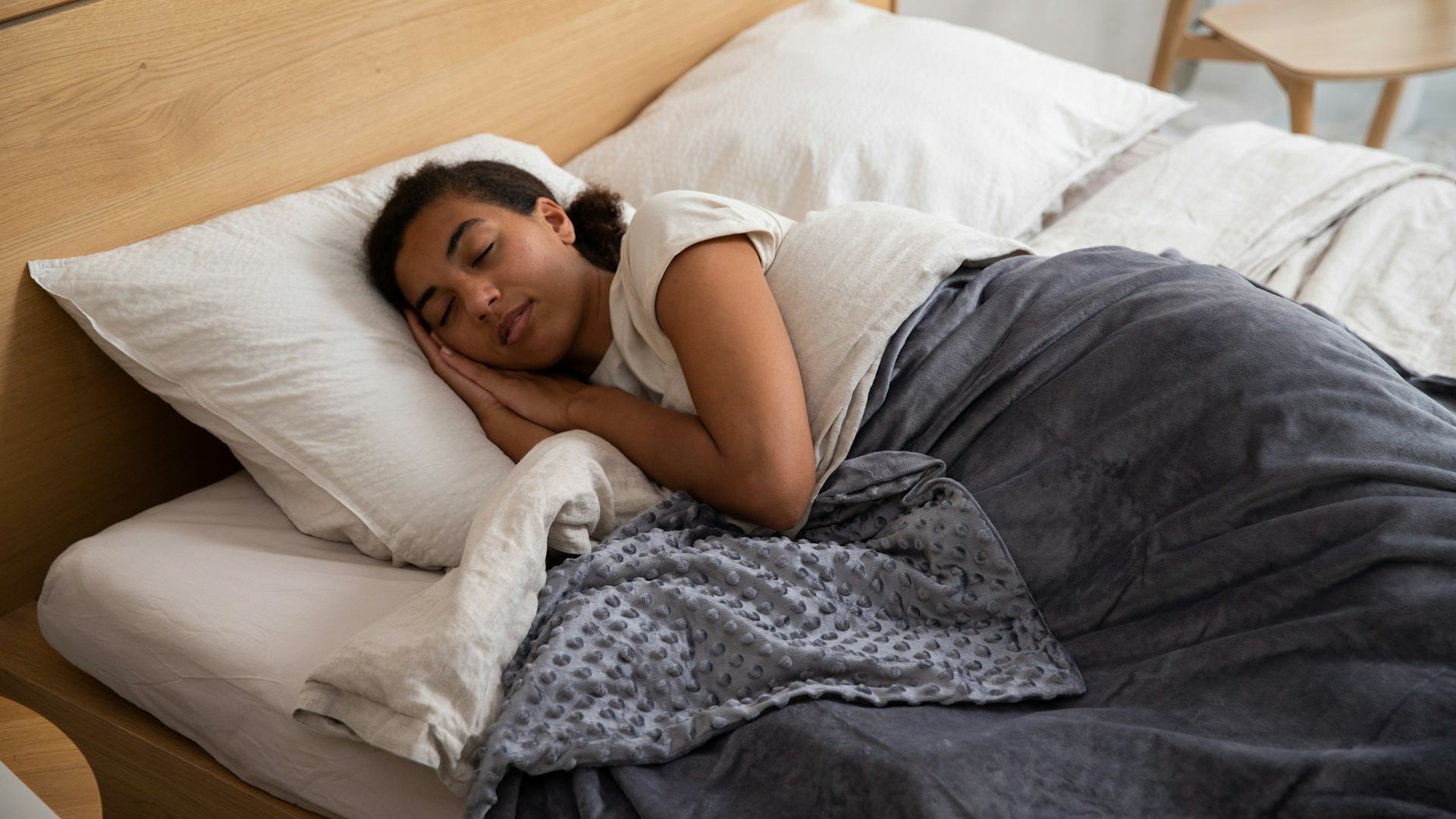I’ve been tracking my sleep patterns for a long time. Not since I’ve worn a smartwatch or fitness watch, like most of us, but for longer than that. Around 2011, I discovered sleep tracking Android apps. They were a pain to use and involved clocking in and out. Still, I was dedicated enough to tracking my Zs that I would put up with that.
Later, wearables streamlined the process to the point where it became effortless, and, unsurprisingly, I kept going. All in all, I’ve been tracking my sleep for over a decade.
My dedication to sleep tracking is long proven, so it’s a big deal when I say I’ve stopped tracking my sleep. And I think you should, too.

Related
Tracking your sleep could be counterproductive
We’re simpler creatures than you might think
Source: Unsplash
Sleep is vital to almost every creature on earth, so you might assume it’s a good idea to keep a close eye on yours. However, that may not be the case.
Humans are highly susceptible to the placebo effect. We can effectively trick our bodies into believing something that isn’t true. The classic example is being given sugar pills, but being told they’re an effective drug.
The belief you’re being given a drug is what makes the treatment work and proves the placebo effect.
However, it goes deeper than that. The placebo effect can trick our bodies into almost anything, and one study found that people could be tricked into believing they had a bad night’s sleep when the opposite was true.
In the study, a group had their sleep quality measured and were told in the morning whether the quality of their sleep was above average or below average. Those who were told their sleep was bad performed noticeably worse on cognitive processing tests than those who were told they’d slept better than average.
The kicker? Their sleep quality results were randomly assigned and had no tie to how they’d actually slept. Those who were told they’d snoozed badly, as if they had, scored worse on the tests than those who’d “slept well.” In short, test quality was dependent on how well participants had slept, or at least, were told they’d slept.
Interestingly, another group was taken through the same tests, but after being allowed to only self-report their sleep quality. In that group, sleep quality didn’t predict test results, implying that self-reported sleep quality had less of an impact on test performance than being informed by a supposed authority.
Source: Samsung
What’s the first thing I do every morning when I wake up? I check my watch to see how well I slept. If this research is correct, in that moment, I’ve primed how my entire day is going to feel. Regardless of how well I actually slept, if my tracker tells me I slept badly, I’ll spend the rest of the day in a sleepy fugue state.
The opposite of this is also true. It’s possible that my tracker could tell me I had a much better night’s sleep than I did, which could mean I spend the day feeling better than I might have otherwise.
Is it worth rolling the dice? When you consider I can choose not to let the metric rule my day, as per the second group’s results, the result is clear: Ignorance is bliss.
You can get around it
One device’s shortcoming could be an advantage
I’ve decided to go cold turkey and remove sleep tracking from the equation. You don’t have to if you don’t want to. There are several reasons you might want to track your sleep.
If you’re an athlete or enjoy frequent trips to the gym, you might enjoy using features that track how ready you are for training the next day. You may really like having the data, even if you actively avoid seeing it for the reasons above.
If you’re insistent on tracking your sleep but see the wisdom in not letting it rule your day, a device like the Samsung Galaxy Ring could be the answer. A smart ring can track the same information as a smartwatch, but it can’t immediately tell you its results.
While you can still see the data on your smartphone, it can be easy to avoid if you don’t look at your tracking app. I have my own reasons for avoiding that smart ring, but it could work for you.
That begs the question: Why bother tracking your sleep if you don’t plan to do anything with the data? Part of the answer could be that your health app can use your sleep for its metrics, and there’s value in that. Sleep apnea detection is another strong reason why.
Your answer will be personal, like mine was. For me, forgoing sleep tracking means giving my smartwatch a dedicated time to charge. It also means my wrist has a chance to breathe. Most importantly, it frees me from a control I didn’t know I was under.
I no longer let a small gadget define how sleepy I think I am. I think you should make that change, too. It’s definitely for the better.







